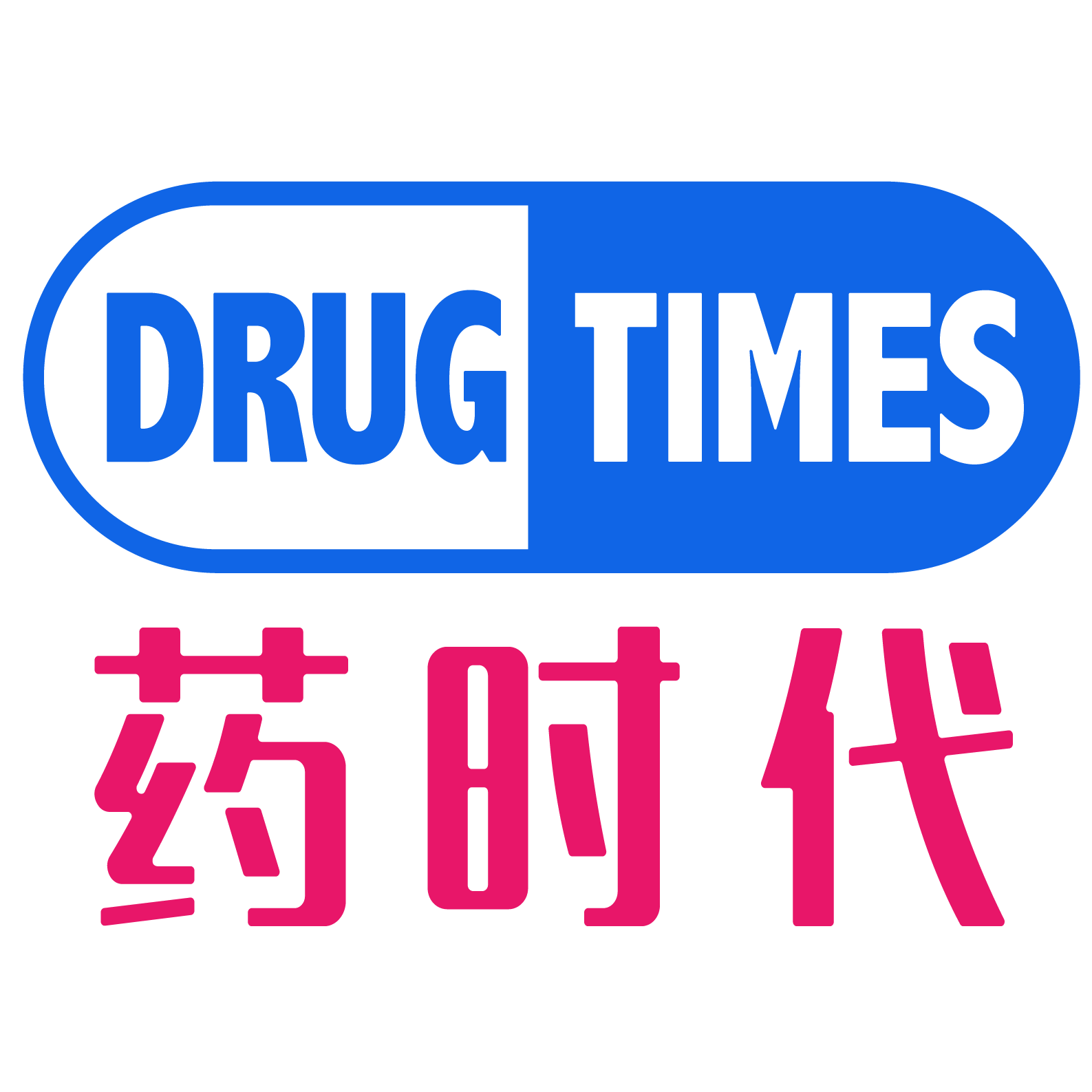
On July 5, 2024, Li Qiang, the Premier of the State Council, presided over the State Council executive meeting, where the “Implementation Plan for Full-Chain Support of Innovative Drug Development” was reviewed and approved.
The meeting pointed out that the development of innovative drugs is crucial for the advancement of the pharmaceutical industry and the well-being of the people. It is necessary to strengthen policy support across the entire chain, comprehensively utilize policies such as price management, medical insurance payment, commercial insurance, drug allocation and use, investment and financing, optimize the evaluation, approval, and assessment mechanisms of medical institutions, and jointly promote breakthroughs in the development of innovative drugs. Efforts should be made to mobilize scientific and technological innovation resources from all aspects, strengthen basic research on new drug creation, and lay a solid foundation for the development of innovative drugs in China.
This news has attracted widespread attention and enthusiastic responses in the pharmaceutical industry, with many people excitedly cheering, “It’s finally here!” and “The pharmaceutical industry has finally seen the bottom!”
On the same day, the innovative drug sector in the secondary market responded positively. By the close, the ChiNext Innovative Medicine ETF (159992.SZ) surged by 3.88%, the ChiNext Biopharmaceutical ETF (159859.SZ) rose by 2.76%, the SSE Innovative Medicine ETF (515120.SH) increased by 3.85%, and the SSE Biopharmaceutical ETF (512290.SH) went up by 2.55%.
The development of innovative drugs is not only related to the progress of the pharmaceutical industry but also closely linked to the health and well-being of the people. The meeting clearly stated that it is necessary to strengthen policy support across the entire chain, comprehensively utilize policy tools such as price management, medical insurance payment, commercial insurance, drug allocation and use, investment and financing, optimize the evaluation, approval, and assessment mechanisms of medical institutions, and jointly promote breakthroughs in the development of innovative drugs. At the same time, it is essential to fully mobilize scientific and technological innovation resources from all aspects, strengthen basic research on new drug creation, and lay a solid foundation for the development of innovative drugs in China.
As early as the end of 2023, Bi Jingquan, Vice Chairman of the Economic Committee of the CPPCC National Committee and Executive Vice Chairman of the China Center for International Economic Exchanges, stated at the 2023 China Pharmaceutical Science and Technology Forum that although China’s biomedical industry has embarked on the path of high-quality development, it is still in the “climbing and overcoming difficulties” stage and faces many challenges to be solved. He believed that it is necessary to “make concerted efforts in six aspects” and provide full-chain support for biomedical innovation in various stages such as research and development, transformation, access, production, use, and payment, strive to create an institutional environment that encourages biomedical innovation, and promote high-quality industrial development.
Public information reveals that the “Implementation Plan for Full-Chain Support of Innovative Drug Development” has been in the works since the beginning of the year’s two sessions, for half a year now.
During the Second Session of the 16th Shanghai People’s Congress and the Second Session of the 14th Shanghai Political Consultative Conference held from January 22 to 27, 2024, Chen Qiyu, member of the Standing Committee of the Shanghai Political Consultative Conference and Co-CEO of Fosun International, suggested that in response to the characteristics of high risk, high investment, and long cycles in the biomedical field, full-chain support should be provided in various stages such as research and development, access, production, use, and payment in the future. Efforts should be made to create an institutional environment that encourages source innovation, activate the “first mile” of source innovation, and explore the original research transformation, innovation paths, and policy mechanisms of biomedicine.
During the Second Session of the 14th National Committee of the CPPCC and the Second Session of the 14th National People’s Congress held in Beijing from March 4 to 11 this year, Yao Shukun, member of the CPPCC National Committee and former Vice President of China-Japan Friendship Hospital, brought forward a related proposal for full-chain support of medical innovation. He advocated respecting the autonomous pricing rights of patented drugs, separating payment standards from drug pricing, accelerating the cultivation of a competitive medical insurance market, and promoting China’s transition from a major country of generic drugs to a powerful country of innovative drugs.
As early as March 2024, the “Exposure Draft of the Implementation Plan for Full-Chain Support of Innovative Drug Development” had circulated and received widespread attention. The plan’s focus on the current pain points of the pharmaceutical industry and feasible countermeasures has elicited strong responses from the industry and is seen as a significant policy direction favorable for the development of innovative drugs.
In this year’s “Government Work Report,” under the section “Tasks for Government Work in 2024,” the first mention is “accelerating the development of new productive forces,” with emphasis on accelerating the development of frontier emerging industries, including “innovative drugs.” This is also the first time that “innovative drugs” have appeared as a representative of “emerging industries” in the “Government Work Report.”
In April this year, Beijing, Guangzhou, and Zhuhai released new policies for full-chain support of innovative drugs on the same day. For example, on April 7, the Beijing Medical Security Bureau issued a “Public Notice on Seeking Opinions on the “Several Measures of Beijing Municipal Medical Security Bureau and Other 9 Departments on Supporting the High-Quality Development of Innovative Medicine in Beijing (2024) (Exposure Draft).” Due to time constraints, the public consultation period was shortened to three working days, and the document was officially issued just ten days later. These implementation measures cover the entire chain, including clinical development, evaluation and approval, clinical application and payment, import and export, investment and financing, and provide specific measures and clear goals for the development of innovative drugs.
In the subsequent months, several provinces and cities, represented by Beijing, Shanghai, Guangzhou, Zhuhai, Jiangsu, and Shandong, successively introduced relevant full-chain supportive policies for innovative drugs. This series of initiatives has effectively promoted the development of the innovative drug industry.
After a period of deliberation, the “Implementation Plan for Full-Chain Support of Innovative Drug Development” has finally been officially approved, which is expected to further stimulate the innovation vitality of China’s innovative drug industry, accelerate the high-quality development of innovative drugs, and promote the upgrading of China’s innovative drug industry.
This is an important milestone for China’s innovative drug industry.
Reference:
- Li Qiang presided over the State Council executive meeting to discuss and approve the “Key Work Division Plan of the State Council for 2024” and others (Government Website)
- The State Council executive meeting approved the “Implementation Plan for Full-Chain Support of Innovative Drug Development” (PharmCube)
- The “Implementation Plan for Full-Chain Support of Innovative Drug Development” was reviewed and approved (Pharmaceutical Finance)
发布者:DrugTimes001,转载请首先联系contact@drugtimes.cn获得授权

 为好文打赏 支持药时代 共创新未来!
为好文打赏 支持药时代 共创新未来! 